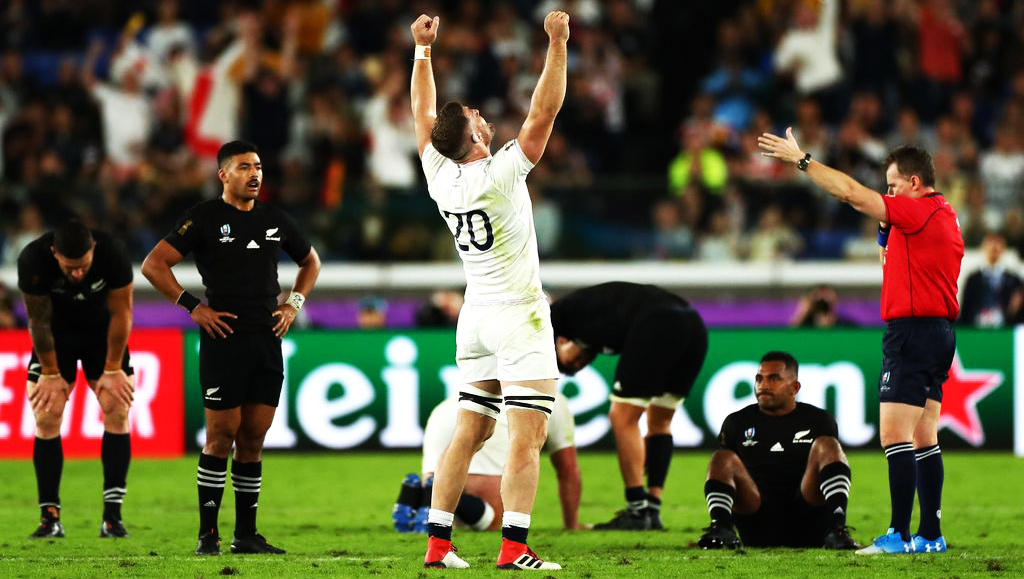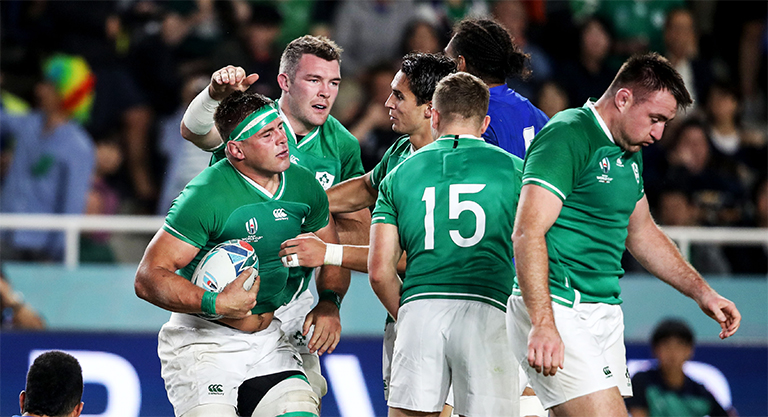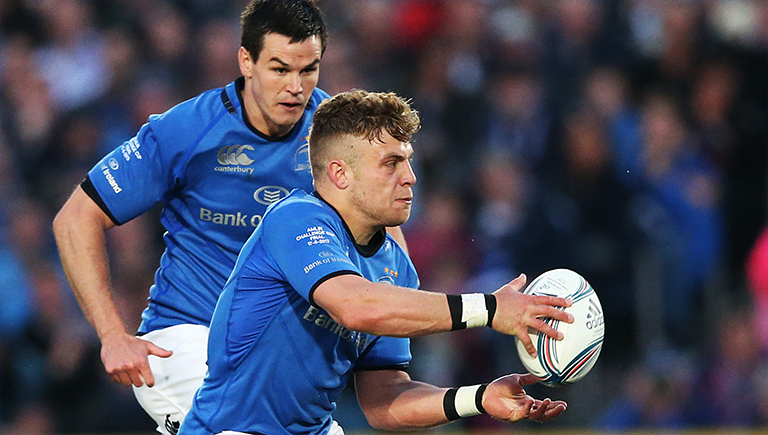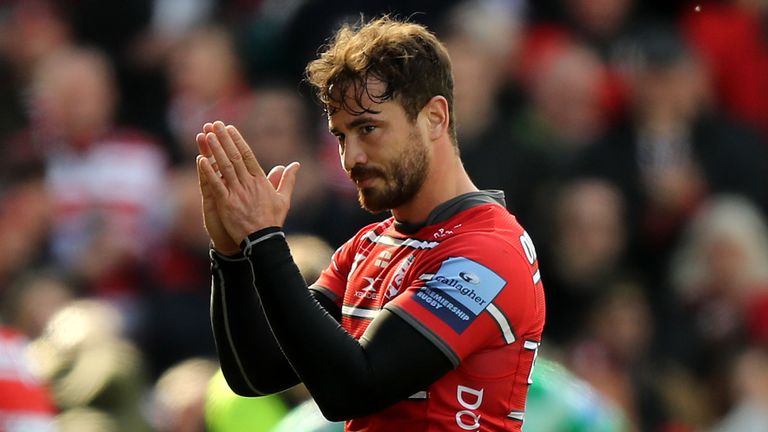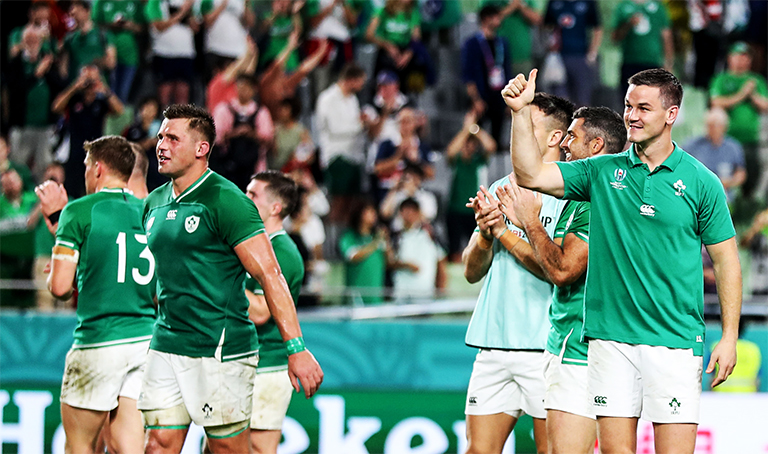“Under-Rugbyed” – Has The Irish Rugby Team Become A Disproportionate Priority?
Latest posts by Will Matthews (see all)
- Leinster lining up Springboks superstar to replace Jordie Barrett - March 28, 2025
- Andy Farrell confirms shortlist for British & Irish Lions captaincy - March 27, 2025
- Andy Farrell names his British and Irish Lions coaching ticket - March 26, 2025
“Under-rugbyed?”
Ireland’s latest Rugby World Cup campaign ended in more heartbreak last month, with Joe Schmidt’s side once again failing to make past the quarter-final stages.
A shock defeat to Japan in the Pool stages resulted in a last-eight meeting with defending champions New Zealand, who made light work of Ireland in 46-14 demolition.
So what’s the problem? Why do Ireland continue to struggle on the world stage, yet regularly compete in the Six Nations and in Europe with the provinces? Neighbours England meanwhile marched all the way to the final.
Ronan O’Gara reckons it’s because they are perhaps “under-rugbyed” to an extent.
“I am convinced more than ever we have got to the stage where our players are under-rugbyed (is that a word?),” O’Gara wrote in a recent Irish Examiner column
But does the former Munster and Ireland outhalf have a case?
One of England’s key men at the World Cup this year was flanker Tom Curry. Ahead of their semi-final meeting with New Zealand he had already racked up 1749 minutes. Ireland’s Josh van der Flier had just 906 before their meeting with the All Blacks.
CJ Stander racked up the most of any Irish forward, but he was still behind Curry with 1447 minutes. And what about Johnny Sexton? A paltry 825 minutes. England’s Owen Farrell had 1348 minutes. That’s six and a half games more.
Former Leinster outhalf Ian Madigan, who has 30 caps for Ireland, reckons “balance” is the key. Madigan left Ireland in 2016 for France but now plies his trade in the English Premiership with Bristol.
“I think balance is the key. When you are playing well and injury-free you just want the games to keep coming,” Madigan told us
“If you are carrying niggles or the team isn’t finding form then the rest weeks are very welcome.”
He said compared to Ireland – the rest weeks are few and far between in the other two top northern hemisphere leagues.
“There is less rotation in squads in France and England so as a result, you can regularly play 6 or 8 games in a row.” Madigan added.
Gloucester outhalf Danny Cipriani has played for England on 16 occasions and has spent much of his career in the Premiership, also having spells with Sale and Wasps.
He admitted that the training load can be demanding for players but enjoys playing games. But when it comes to the Irish players he said it’s a “tough one” with the provinces so consistent in Europe.
“It’s a tough one, isn’t it? Because they’ve been so consistent at European level,” Cipriani told us
Cipriani said every single player and every individual case is different.
“I suppose it depends on the individual case in the moment,” Cipriani added.
But while we’ve seen some big discrepancies above based on some key players, if you look at it as a whole – the difference between Ireland and England in terms of minutes isn’t massive.
If you work out the average minutes for both teams in 2019 ahead of their respective clashes with New Zealand you get 1117 minutes per player for Ireland and 1185 minutes for England.
An IRFU spokesperson was asked to comment and he said there was “no difference” to the individual Player Performance Plans this season compared to previous seasons, despite the Rugby World Cup.
“There was no difference to the individual Player Performance Plans for the 2018/19 season to the previous seasons,” he said.
“So the targeted number of game exposures for each player remained the same. However, the variables that can impact on player minutes are selection and availability (i.e. injury).”
So maybe it isn’t minutes? Maybe it comes back to the standard of rugby. When you take away Europe and the Six Nations, is the PRO14 a tough enough battleground for the Irish players to prepare them for the world stage?
That’s another conversation…


